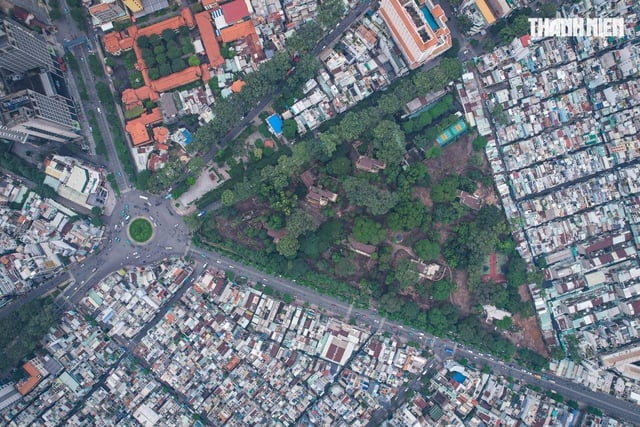
The 4.3-hectare "golden land" at No. 1 Ly Thai To (Vuon Lai Ward) is expected to be used to build a park and memorial for victims who died from Covid-19.
Photo: Nhat Thinh
The Covid-19 pandemic has passed, but that period is still deeply engraved in the memory of every Vietnamese person. The pandemic has disrupted all aspects of life, causing heavy damage to people, the economy and society. However, amidst the losses, the spirit of solidarity and unity was strongly lit up. From the teams of doctors and nurses, the frontline forces who fought day and night to save the lives of patients to ordinary people who shared food and helped each other, all created a beautiful image of humanity. That period was not only a harsh challenge, but also a profound lesson about the will, humanity and strength of the Vietnamese community.
Recently, the policy of Ho Chi Minh City to reserve a "golden land" area of 4.3 hectares at No. 1 Ly Thai To (Vuon Lai Ward) to build a park and memorial for Covid-19 victims has received public attention. According to many opinions, this is a humane policy, but it needs to be implemented in accordance with legal regulations, ensuring spiritual and social values and consensus of the people.
Should focus on completing the legal aspects of the Covid-19 victim memorial project
Speaking to Thanh Nien , lawyer Nguyen Van Hau - Vice Chairman of the Ho Chi Minh City Bar Association said that the proposal to build a park and memorial for Covid-19 victims in Ho Chi Minh City is a humane policy, demonstrating the spirit of mutual love and will bring profound meaning to the people.
According to lawyer Hau, to ensure that the memorial project brings positive results and is implemented in accordance with state policies, prioritizing the interests of the people, the authorities and investors should focus on perfecting the legal aspects of the project as well as the aspects that help enhance social spiritual values.
"First of all, it is necessary to clearly define the nature of the project. The Memorial to the victims of Covid-19 is a special public project with spiritual and cultural elements. Therefore, it should be classified as a cultural and memorial project according to the provisions of the 2014 Construction Law (amended in 2020). Accordingly, the approval authority will belong to the Ho Chi Minh City People's Committee. In particular, the Ho Chi Minh City People's Committee will issue an investment policy decision and assign the Department of Construction and the Department of Planning and Architecture to appraise the detailed planning and technical documents on the principle of ensuring compliance with the general urban planning," lawyer Hau analyzed.
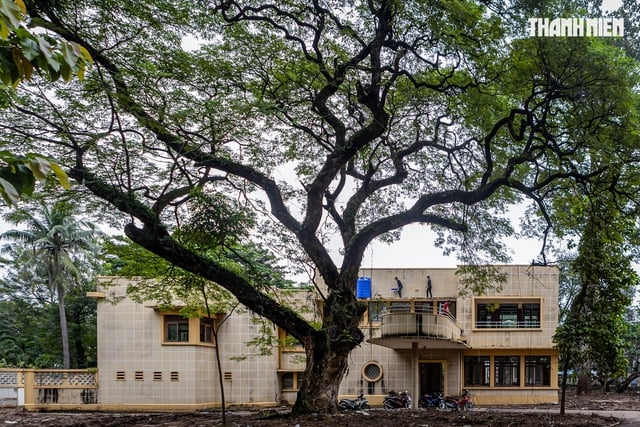
Ho Chi Minh City is busy clearing "golden land" to build parks and memorials for Covid-19 victims.
Photo: Nhat Thinh
He also said that, with its large scale and expected location in the inner city area, the project needs to be assessed for environmental impact (EIA) according to the 2020 Law on Environmental Protection, especially if there are activities to store ashes or a separate memorial area.
In addition, the Vice Chairman of the Ho Chi Minh City Bar Association emphasized that a particularly important point to note when implementing national construction projects is the need to clearly identify the origin of the land, distinguish between public land, national defense land, or land with changed use purposes, thereby developing appropriate compensation policies, avoiding disputes or violations of planning leading to prolonged construction time. At the same time, before, during and after the completion of construction, competent authorities need to issue regulations assigning tasks to specific agencies and units responsible for project management and exploitation of the memorial park (for example: Department of Construction, Department of Culture and Sports or establishing a specialized management board), avoiding the situation of the project being degraded or commercialized.
With the nature of a public works project for the benefit of the people, capital mobilization and socialization (if any) must be absolutely public and transparent. During the construction and management process, there must be a community monitoring mechanism, especially with the participation of the Vietnam Fatherland Front and social organizations representing the voice of the people.
Regarding spiritual value, lawyer Hau shared: "The Covid-19 Victims Memorial is not only a place to remember the deceased but also a symbol of solidarity, sharing and recovery after the pandemic. The design should aim for a green, peaceful, healing space, with an area for relatives of victims and people to come to commemorate, and an exhibition area to recognize the contributions of frontline forces."
According to him, to ensure the project operates in accordance with its objectives and targets, it is necessary to prioritize consulting widely with relatives of Covid-19 victims, religious organizations, cultural and social experts to ensure the project is tolerant, without discrimination of religion, class, or origin. At the same time, it is necessary to avoid ostentatious and formal elements, instead focusing on the value of commemoration and community education . With the current planned scale, the project can be used to combine with educational spaces, exhibitions on health, epidemics and emergency response lessons to raise community awareness.
Source: https://thanhnien.vn/dai-tuong-niem-nan-nhan-covid-19-can-dam-bao-cong-trinh-mang-lai-hieu-qua-tich-cuc-185251108160323143.htm






![[Photo] Cutting hills to make way for people to travel on route 14E that suffered landslides](https://vphoto.vietnam.vn/thumb/1200x675/vietnam/resource/IMAGE/2025/11/08/1762599969318_ndo_br_thiet-ke-chua-co-ten-2025-11-08t154639923-png.webp)





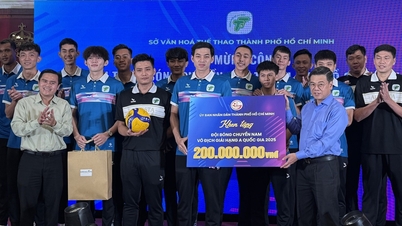
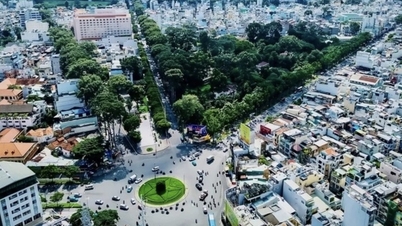





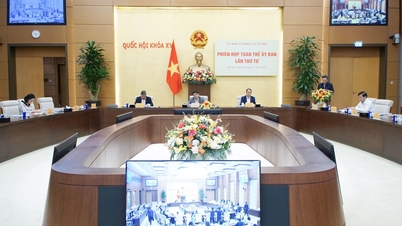

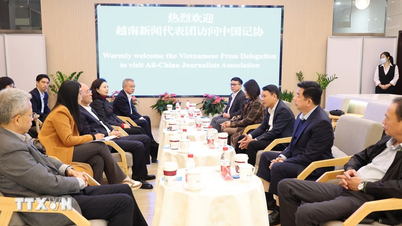

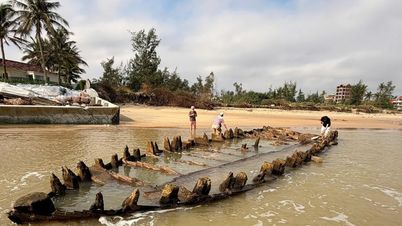

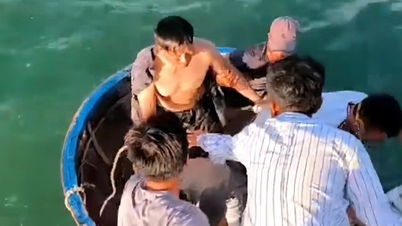

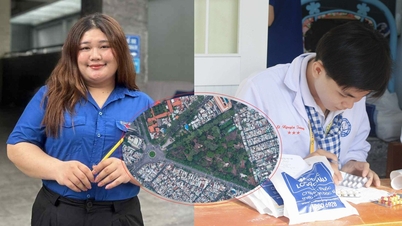

















![[Video] Hue Monuments reopen to welcome visitors](https://vphoto.vietnam.vn/thumb/402x226/vietnam/resource/IMAGE/2025/11/05/1762301089171_dung01-05-43-09still013-jpg.webp)








































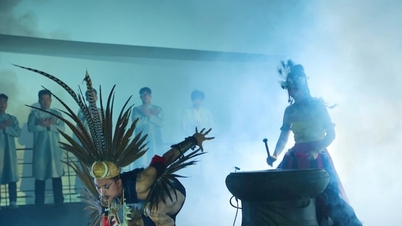

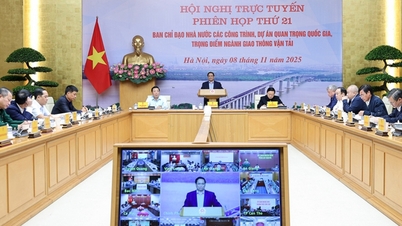



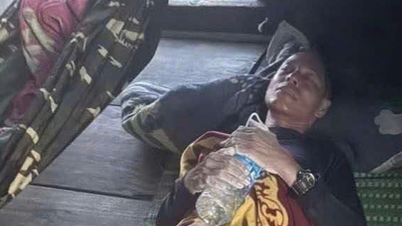












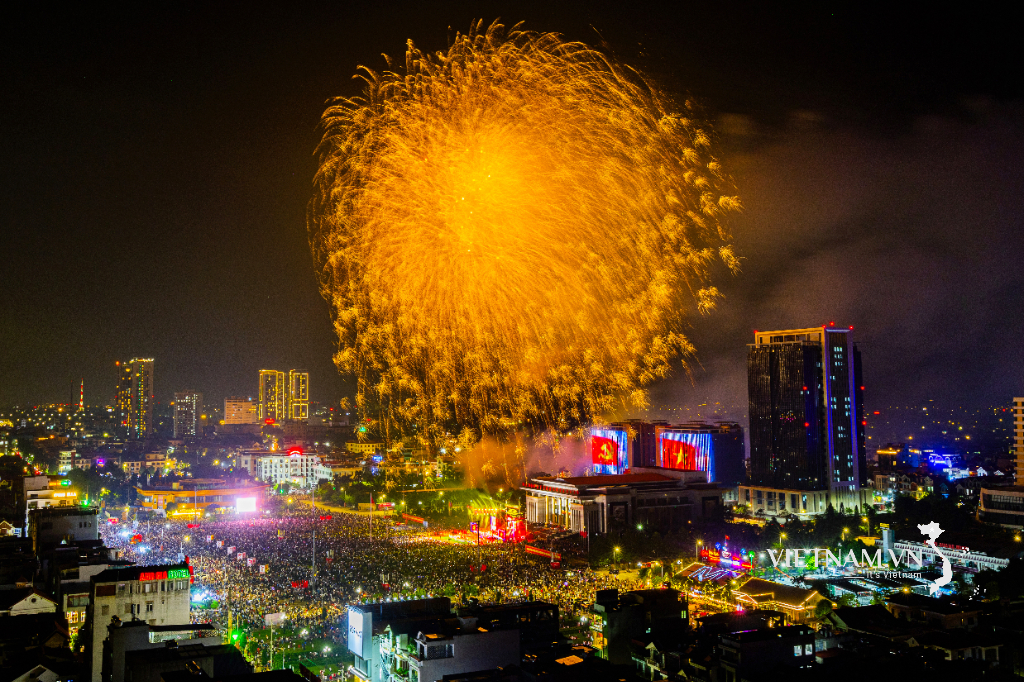

Comment (0)